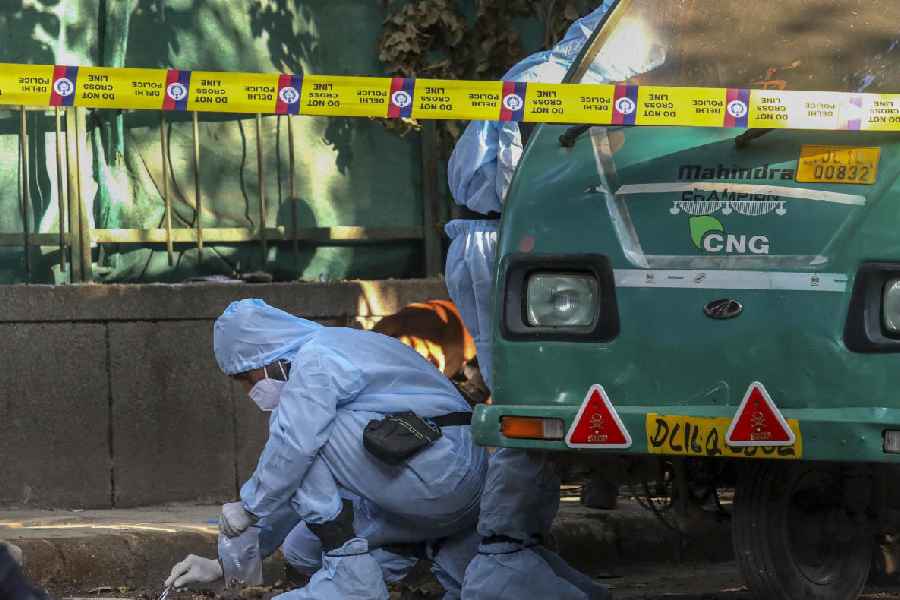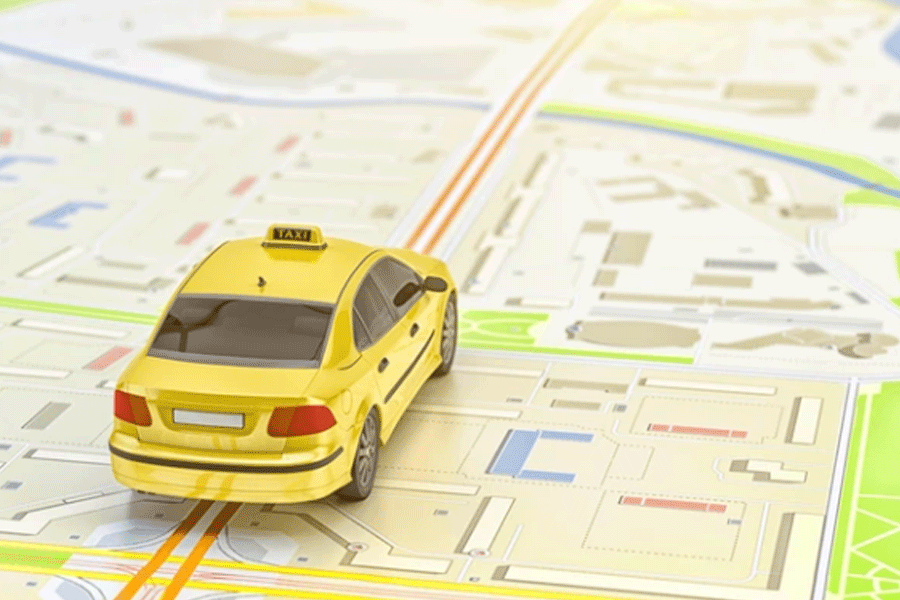As a concession for easing the lockdown, office workers in Britain will be told not to share biros, give the lift a miss and instead take the stairs, avoid sitting across the desk facing their colleagues, stagger their rotas and not pop into the canteen for a cup of tea and a bun because the place will be shut anyway.
“Hot desking”, the practice whereby officer workers do not have an assigned desk but sit wherever there is an empty chair, is now on the “Do not do” list.
Key points include: flexibility around the two metre “social distancing” rule as long as firms are taking other steps to protect workers; installing screens, strict hygiene procedures, and ensuring people are not close together very long are touted as alternative safeguards; and offices will be ordered to overhaul their rotas, staggering start, finish and break times.
Also, hot desking will need to end and sharing equipment kept to an absolute minimum; and staff considered vulnerable who cannot work from home should be put in the “safest possible roles”.
All this will be part of “the new normal”, as laid out by the government in seven discussion papers framed after consulting scientists grouped together collectively as SAGE — an acronym for Scientific Advisory Group for Emergencies.
In all, some 50 scientists have been advising the government.
About the only Indian in the group is Prof. Venkatraman Ramakrishnan, president of the Royal Society who got his Nobel Prize in 2009 for his work on ribosomes, so his expertise may come in useful when developing drugs or vaccines to combat Covid-19.
When sub-groups are taken into account, the number of scientists who have been consulted increases to about 200.
The new rules for office and other workers will be announced on Sunday by the Prime Minister Boris Johnson. Like every head of government, he has the very difficult task of balancing “life versus livelihood”.
The old Boris would have been gung-ho about lifting lockdown. Not so the new much more cautious and sober Boris. As it is, people are still dying in their hundreds, and the Covid-19 toll — nearly 30,000 — is the worst in Europe after Italy.
In a video posted on Monday, the Prime Minister warned that the “worst thing” the country could do right now is “ease up too soon” while there is still a threat of a “second peak”.
But with the lockdown costing the country £2 billion a day, Boris is under pressure from sections of his party to allow office workers to get back as soon as possible.
The government’s seven papers were leaked accidentally on purpose to the BBC and the Financial Times to test public reaction and that of the trade unions. The latter are demanding cast iron guarantees of safety which cannot be given.
The FT report said: “Office workers will be urged to work from home if possible for months to prevent the public transport system being overwhelmed, with monitoring of their ‘mental and physical health’ by employers. Those who do return to offices will find their routines significantly changed.”
“Under the plans, millions of companies will have to draw up a Covid-19 ‘risk assessment’ before allowing staff to return to work.
“Guidance will include telling companies to limit the number of people sharing lifts. Graphics distributed by the government show lifts divided into sections by yellow and black tape, with only one person in each.
“One major omission in the draft documents is any clear guidance on the use of PPE protective kit by workers, which may reflect uncertainty about the market availability of items such as face masks.
“The papers insist on high levels of deep cleaning and sanitary practices within all workplaces, although the government will not specify the use of particular cleaning products or methods.”











